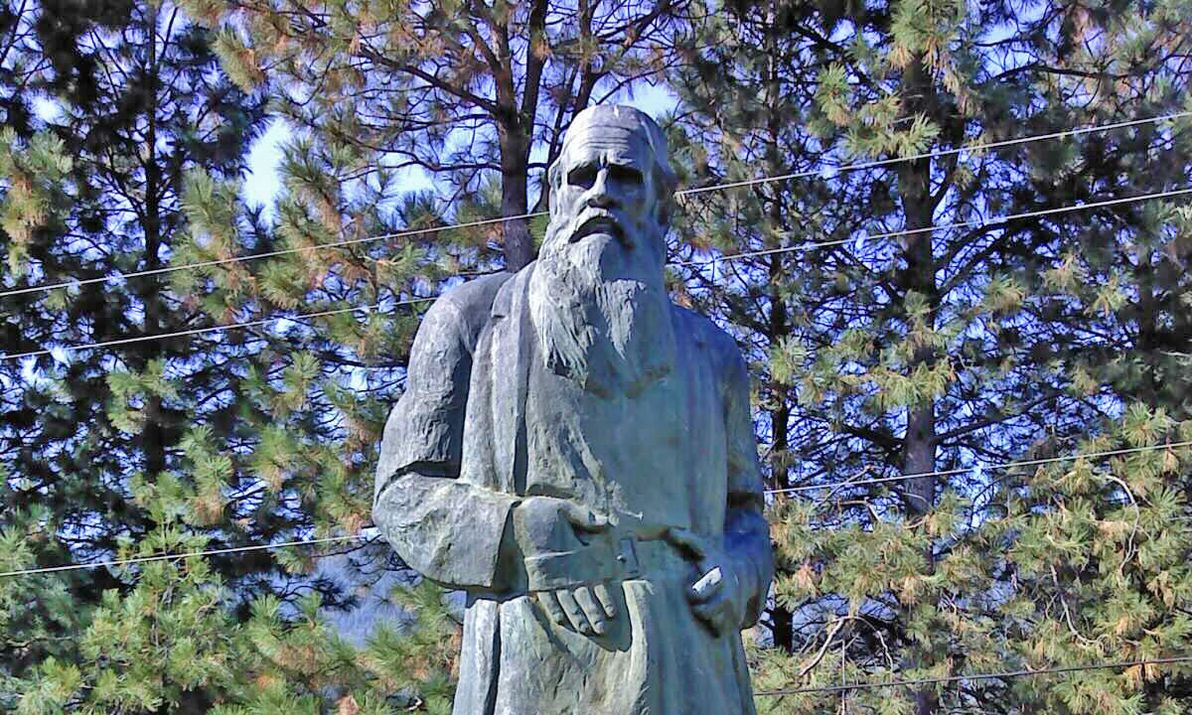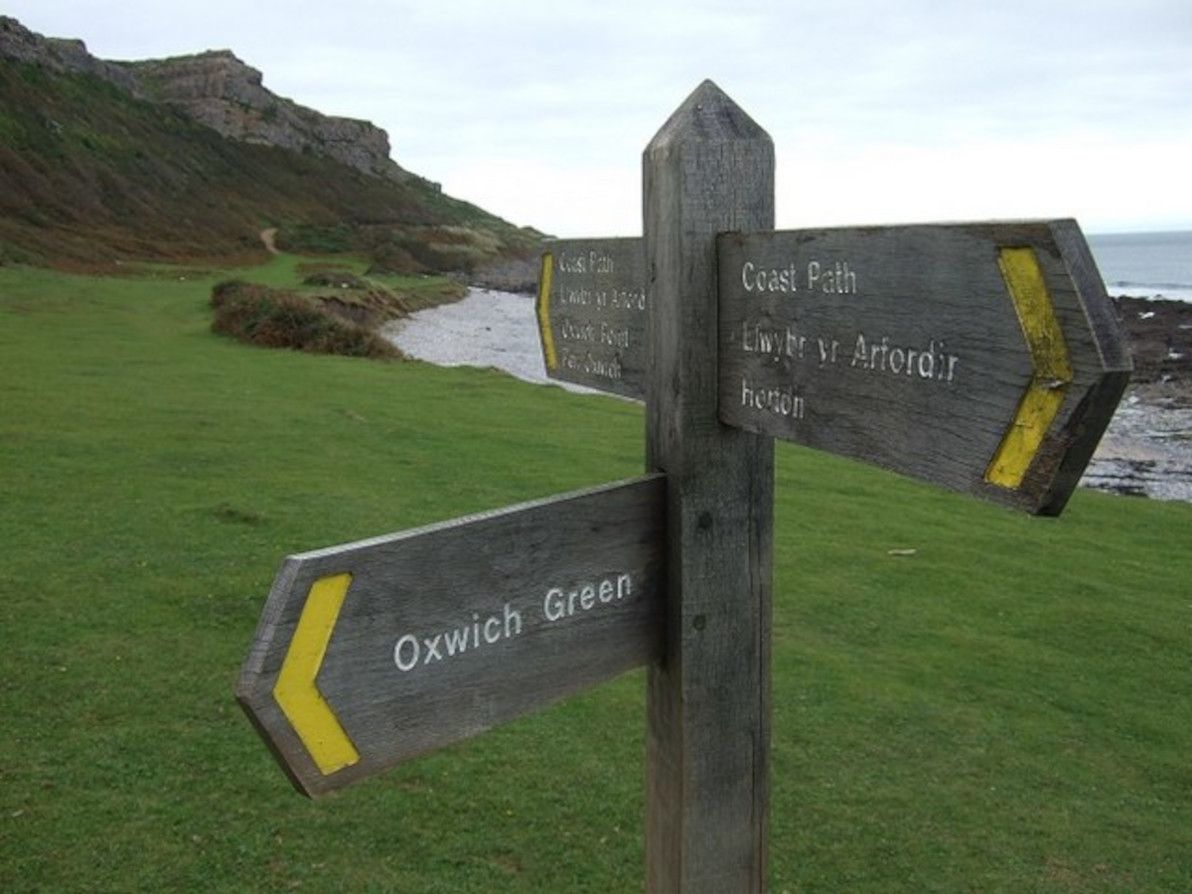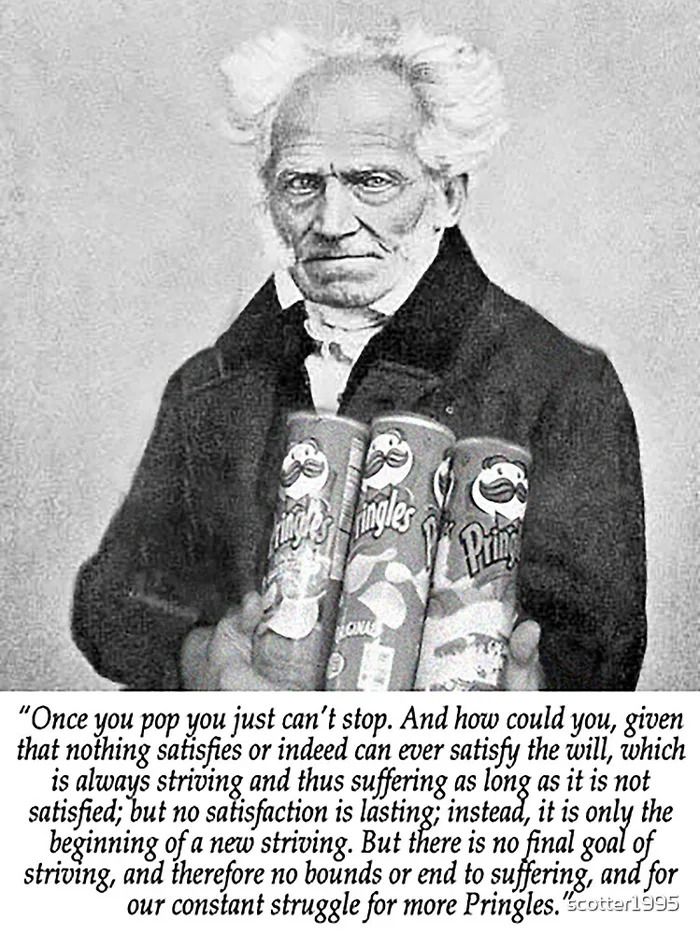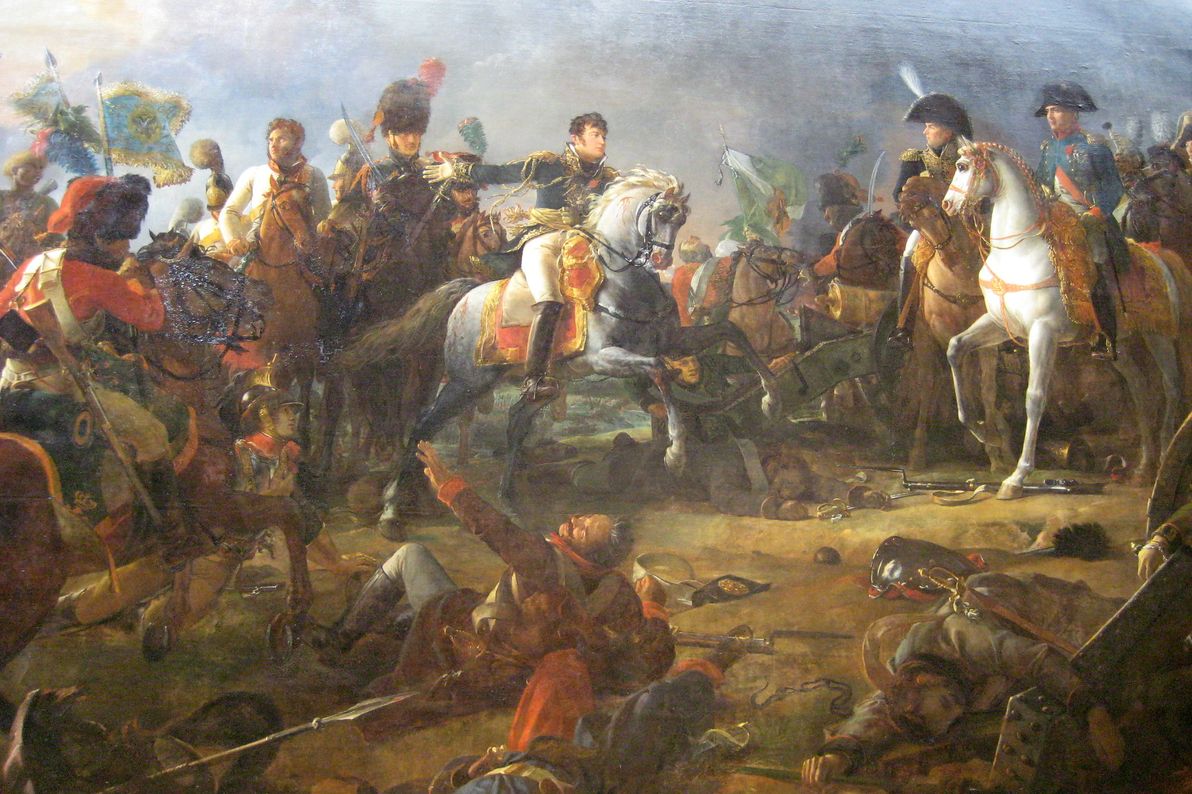Tolstoy: the forgotten philosopher
I recently finished reading the classic novel War and Peace. The 19th-century epic is considered the masterpiece of Leo Tolstoy, and I must say it took me by surprise. In particular, I wasn't expecting its second epilogue, which is a distinct work of its own (and one that arguably doesn't belong in a novel): a philosophical essay discussing the question of "free will vs necessity". I know that the second epilogue isn't to everyone's taste, but personally I feel that it's a real gem.
I was also surprised to learn, after doing a modest bit of research, that Tolstoy is seldom mentioned amongst any of the prominent figures in philosophy or metaphysics over the past several centuries. The only articles that even deign to label Tolstoy as a philosopher, are ones that are actually more concerned with Tolstoy as a cult-inspirer, as a pacifist, and as an anarchist.
So, while history has been just and generous in venerating Tolstoy as a novelist, I feel that his contribution to the field of philosophy has gone unacknowledged. This is no doubt in part because Tolstoy didn't consider himself a philosopher, and because he didn't pen any purely philosophical works (published separately from novels and other works), and because he himself criticised the value of such works. Nevertheless, I feel warranted in asking: is Tolstoy a forgotten philosopher?

Image source: Waymarking
Free will in War and Peace
The concept of free will that Tolstoy articulates in War and Peace (particularly in the second epilogue), in a nutshell, is that there are two forces that influence every decision at every moment of a person's life. The first, free will, is what resides within a person's mind (and/or soul), and is what drives him/her to act per his/her wishes. The second, necessity, is everything that resides external to a person's mind / soul (that is, a person's body is also for the most part considered external), and is what strips him/her of choices, and compels him/her to act in conformance with the surrounding environment.
Whatever presentation of the activity of many men or of an individual we may consider, we always regard it as the result partly of man's free will and partly of the law of inevitability.
War and Peace, second epilogue, chapter IX
A simple example that would appear to demonstrate acting completely according to free will: say you're in an ice cream parlour (with some friends), and you're tossing up between getting chocolate or hazelnut. There's no obvious reason why you would need to eat one flavour vs another. You're partial to both. They're both equally filling, equally refreshing, and equally (un)healthy. You'll be able to enjoy an ice cream with your friends regardless. You're free to choose!
You say: I am not and am not free. But I have lifted my hand and let it fall. Everyone understands that this illogical reply is an irrefutable demonstration of freedom.
War and Peace, second epilogue, chapter VIII
And another simple example that would appear to demonstrate being completely overwhelmed by necessity: say there's a gigantic asteroid on a collision course for Earth. It's already entered the atmosphere. You're looking out your window and can see it approaching. It's only seconds until it hits. There's no obvious choice you can make. You and all of humanity are going to die very soon. There's nothing you can do!
A sinking man who clutches at another and drowns him; or a hungry mother exhausted by feeding her baby, who steals some food; or a man trained to discipline who on duty at the word of command kills a defenseless man – seem less guilty, that is, less free and more subject to the law of necessity, to one who knows the circumstances in which these people were placed …
War and Peace, second epilogue, chapter IX

Image source: Wikimedia Commons
However, the main point that Tolstoy makes regarding these two forces, is that neither of them does – and indeed, neither of them can – ever exist in absolute form, in the universe as we know it. That is to say, a person is never (and can never be) free to decide anything 100% per his/her wishes; and likewise, a person is never (and can never be) shackled such that he/she is 100% compelled to act under the coercion of external agents. It's a spectrum! And every decision, at every moment of a person's life (and yes, every moment of a person's life involves a decision), lies somewhere on that spectrum. Some decisions are made more freely, others are more constrained. But all decisions result from a mix of the two forces.
In neither case – however we may change our point of view, however plain we may make to ourselves the connection between the man and the external world, however inaccessible it may be to us, however long or short the period of time, however intelligible or incomprehensible the causes of the action may be – can we ever conceive either complete freedom or complete necessity.
War and Peace, second epilogue, chapter X
So, going back to the first example: there are always some external considerations. Perhaps there's a little bit more chocolate than hazelnut in the tubs, so you'll feel just that little bit guilty if you choose the hazelnut, that you'll be responsible for the parlour running out of it, and for somebody else missing out later. Perhaps there's a deal that if you get exactly the same ice cream five times, you get a sixth one free, and you've already ordered chocolate four times before, so you feel compelled to order it again this time. Or perhaps you don't really want an ice cream at all today, but you feel that peer pressure compels you to get one. You're not completely free after all!
If we consider a man alone, apart from his relation to everything around him, each action of his seems to us free. But if we see his relation to anything around him, if we see his connection with anything whatever – with a man who speaks to him, a book he reads, the work on which he is engaged, even with the air he breathes or the light that falls on the things about him – we see that each of these circumstances has an influence on him and controls at least some side of his activity. And the more we perceive of these influences the more our conception of his freedom diminishes and the more our conception of the necessity that weighs on him increases.
War and Peace, second epilogue, chapter IX
And, going back to the second example: you always have some control over your own destiny. You have but a few seconds to live. Do you cower in fear, flat on the floor? Do you cling to your loved one at your side? Do you grab a steak knife and hurl it defiantly out the window at the approaching asteroid? Or do you stand there, frozen to the spot, staring awestruck at the vehicle of your impending doom? It may seem pointless, weighing up these alternatives, when you and your whole world are about to be pulverised; but aren't your last moments in life, especially if they're desperate last moments, the ones by which you'll be remembered? And how do you know for certain that there will be nobody left to remember you (and does that matter anyway)? You're not completely bereft of choices after all!
… even if, admitting the remaining minimum of freedom to equal zero, we assumed in some given case – as for instance in that of a dying man, an unborn babe, or an idiot – complete absence of freedom, by so doing we should destroy the very conception of man in the case we are examining, for as soon as there is no freedom there is also no man. And so the conception of the action of a man subject solely to the law of inevitability without any element of freedom is just as impossible as the conception of a man's completely free action.
War and Peace, second epilogue, chapter X
Background story
Tolstoy's philosophical propositions in War and Peace were heavily influenced by the ideas of one of his contemporaries, the German philosopher Arthur Schopenhauer. In later years, Tolstoy candidly expressed his admiration for Schopenhauer, and he even went so far as to assert that, philosophically speaking, War and Peace was a repetition of Schopenhauer's seminal work The World as Will and Representation.
Schopenhauer's key idea, was that the whole universe (at least, as far as any one person is concerned) consists of two things: the will, which doesn't exist in physical form, but which is the essence of a person, and which contains all of one's drives and desires; and the representation, which is a person's mental model of all that he/she has sensed and interacted with in the physical realm. However, rather than describing the will as the engine of one's freedom, Schopenhauer argues that one is enslaved by the desires imbued in his/her will, and that one is liberated from the will (albeit only temporarily) by aesthetic experience.

Image source: 9gag
Schopenhauer's theories were, in turn, directly influenced by those of Immanuel Kant, who came a generation before him, and who is generally considered the greatest philosopher of the modern era. Kant's ideas (and his works) were many (and I have already written about Kant's ideas recently), but the one of chief concern here – as expounded primarily in his Critique of Pure Reason – was that there are two realms in the universe: the phenomenal, that is, the physical, the universe as we experience and understand it; and the noumenal, that is, a theoretical non-material realm where everything exists as a "thing-in-itself", and about which we know nothing, except for what we are able to deduce via practical reason. Kant argued that the phenomenal realm is governed by absolute causality (that is, by necessity), but that in the noumenal realm there exists absolute free will; and that the fact that a person exists in both realms simultaneously, is what gives meaning to one's decisions, and what makes them able to be measured and judged in terms of ethics.
We can trace the study of free will further through history, from Kant, back to Hume, to Locke, to Descartes, to Augustine, and ultimately back to Plato. In the writings of all these fine folks, over the millennia, there can be found common concepts such as a material vs an ideal realm, a chain of causation, and a free inner essence. The analysis has become ever more refined with each passing generation of metaphysics scholars, but ultimately, it has deviated very little from its roots in ancient times.
It's unique
There are certainly parallels between Tolstoy's War and Peace, and Schopenhauer's The World as Will and Representation (and, in turn, with other preceding works), but I for one disagree that the former is a mere regurgitation of the latter. Tolstoy is selling himself short. His theory of free will vs necessity is distinct from that of Schopenhauer (and from that of Kant, for that matter). And the way he explains his theory – in terms of a "spectrum of free-ness" – is original as far as I'm aware, and is laudable, if for no other reason, simply because of how clear and easy-to-grok it is.
It should be noted, too, that Tolstoy's philosophical views continued to evolve significantly, later in his life, years after writing War and Peace. At the dawn of the 1900s (by which time he was an old man), Tolstoy was best known for having established his own "rational" version of Christianity, which rejected all the rituals and sacraments of the Orthodox Church, and which gained a cult-like following. He also adopted the lifestyle choices – extremely radical at the time – of becoming vegetarian, of renouncing violence, and of living and dressing like a peasant.

Image source: Flickr
War and Peace is many things. It's an account of the Napoleonic Wars, its bloody battles, its geopolitik, and its tremendous human cost. It's a nostalgic illustration of the old Russian aristocracy – a world long gone – replete with lavish soirees, mountains of servants, and family alliances forged by marriage. And it's a tenderly woven tapestry of the lives of the main protagonists – their yearnings, their liveliest joys, and their deepest sorrows – over the course of two decades. It rightly deserves the praise that it routinely receives, for all those elements that make it a classic novel. But it also deserves recognition for the philosophical argument that Tolstoy peppers throughout the text, and which he dedicates the final pages of the book to making more fully fledged.